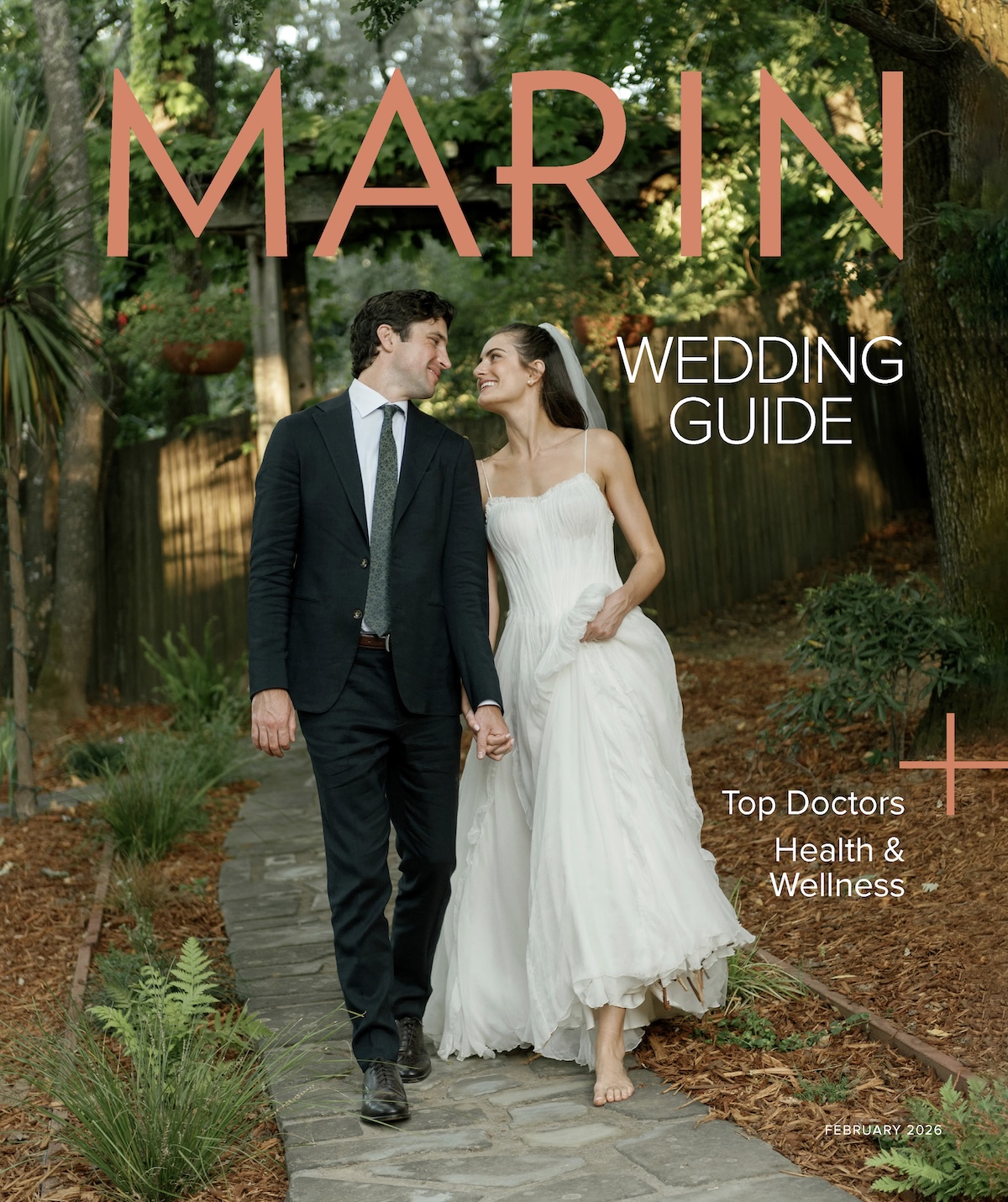Raquel Salas Rivera’s sixth poetry collection, antes que isla es volcan/before island is volcano, looks to the future of Puerto Rico with love, rage, beauty and hope, and promises to cement his status as one of the most important poets working today. In sharp, crystalline verses, written in both Spanish and English, this collection daringly imagines a decolonial Puerto Rico. Salas Rivera unfurls a series of poems that build in intensity: One imagines a multiverse of possibilities for Puerto Rico’s fate; in another the poet demands his right to a future and its immediate distribution.
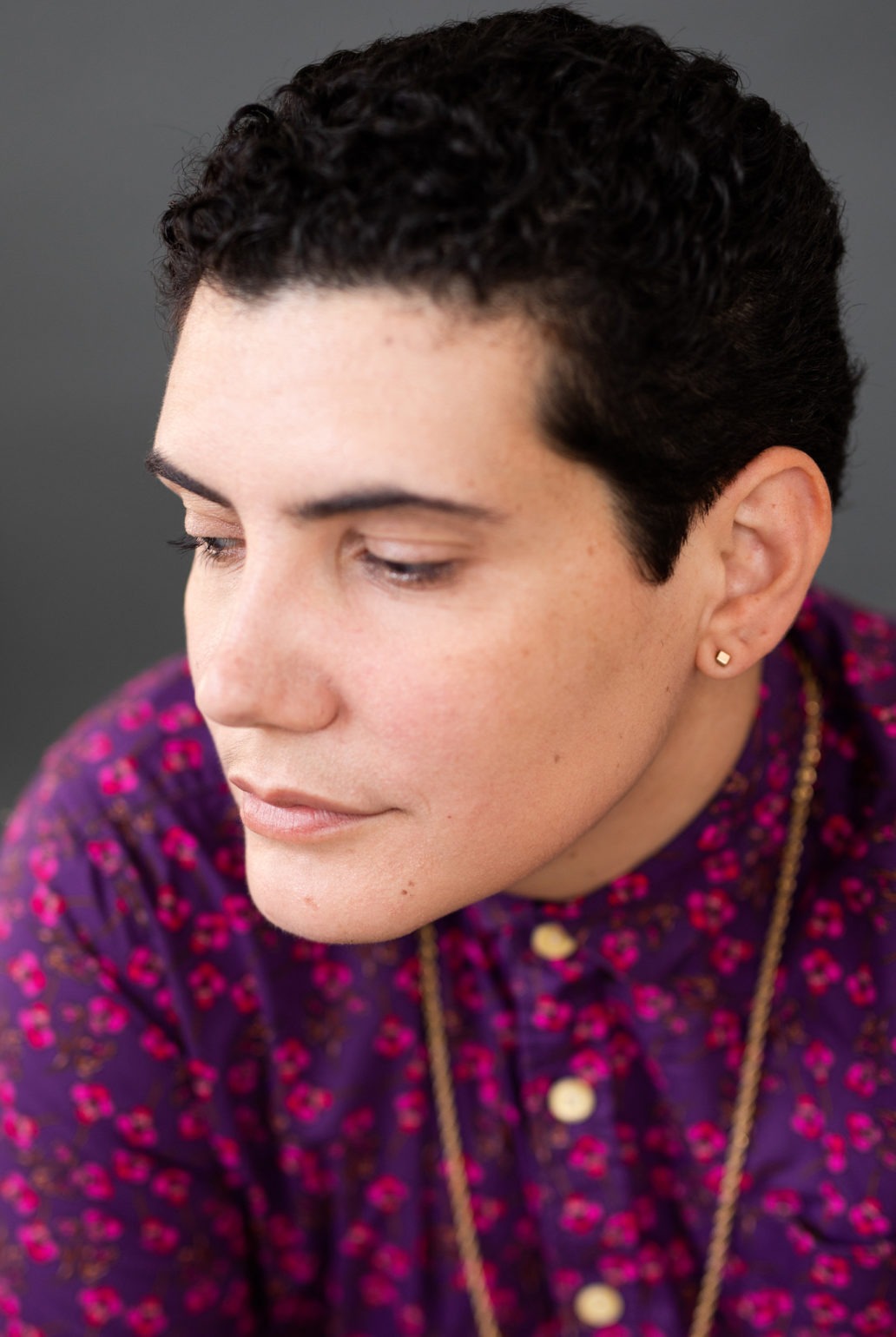
Salas Rivera is a translator and editor, and is the author of 5 previous full-length poetry books. His honors include being named Poet Laureate of Philadelphia, the New Voices Award from the Festival de la Palabra, the Lambda Literary Award for Transgender Poetry, the inaugural Ambroggio Prize, the Laureate Fellowship, and a National Endowment for the Arts Fellowship to translate the poetry of his grandfather, Sotero Rivera Avilés. He is the author of six full-length poetry books, which have been longlisted and shortlisted for the National Book Award, the Pen America Open Book Award, and the CLMP Firecracker Award.
He is also an active advocate in his community, working to promote and expand Puerto Rican literary culture on many fronts. Originally from Puerto Rico but partly raised and educated in the US, his work bridges the English and Spanish speaking worlds and deals with the complexity of being Puerto Rican. Besides writing poetry, he teaches at the University of Puerto Rico and serves as investigator and head of the translation team for El proyecto de la literatura puertorriqueña/The Puerto Rican Poetry Project (PRLP), a free, bilingual, user-friendly and open access digital portal that anyone can use to learn about and teach Puerto Rican poetry.
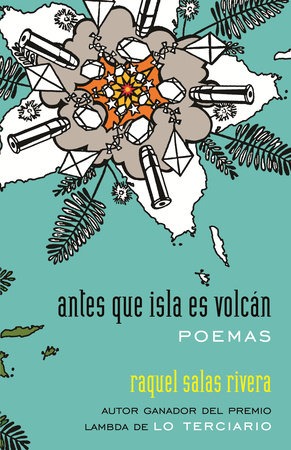
How did you become a poet — what drove you to write?
Raquel Salas Rivera (RSR): My grandfather, Sotero Rivera Avilés, was a poet from the Guajana generation and my mother, Yolanda Rivera Castillo, is a poet as well. She read me poetry when I was a child. She also showed me films, art, music, and philosophy I wanted to be a filmmaker, a biologist, a landscape artist, a model, and a swimmer when I was a kid, but when I was 12 I read Langston Hughes for the first time and that was when I knew I wanted to be a poet. I wasn’t drawn to it like a fish on a line, rather it hit me, it consumed me and changed me before I knew what was happening.
Why do you write poetry in two languages? Do you find you can express different meaning expressed in the two different versions of the poems?
RSR: I don’t think of myself as writing poetry in two languages. I write in Spanish and then I translate it into English. The poems in English are self-translations. This may seem like a superficial distinction, but it is politically significant, especially for a Puerto Rican writer living on the archipelago, where most people speak Spanish. The translations open up new meanings and allow a respectful and mindful engagement while protecting that which does not want to be translated.
As for what it expresses, I don’t really see poetry as expression. For example, in an interview, I answer questions directly, I express thoughts, but poetry does another kind of work. It creates a world with its own rules, movements and ruptures, a world that relates to our own, but pushes us to understand this world we live in differently. It’s not that one is better than the other, but rather that it is important to have spaces for both, spaces for expression and spaces that don’t always respond to a demand for legibility.
What can you tell us about the approach you take to your writing? Is there a way you hope it will impact people?
(RSR) Yes, definitely. I hope everything I do impacts people, opens up new meanings, and makes others see each other in more intentional, significant ways. Still, when I write it isn’t with an impact in mind. I am far more interested in reshaping the way we think of language, self, and world-making. It is more important that the poem do this than send a message or deliver an always available set of thoughts in the clearest way. Often, the things we don’t immediately understand have a value that takes longer to engage with. When I write, I am writing in dialogue with a long history of Puerto Rican, Caribbean, and Latin American poets that came before me, I am thinking of them and honoring them in my writing, as well as thinking of how to enter that conversation in a way that matters. My writing is born of both the urgency of the present and the sometimes heavy, intense, and inextricable past that has brought me here. In that sense it is both historically-minded and historically-specific.
You’ve been an advocate for migrants, the LGBTQ community and Puerto Ricans in general. What role does art have in activism for you?
RSR: I have been an activist at different moments in my life, but I do feel it is a different kind of work. That doesn’t mean poetry can’t and doesn’t impact people, but rather that it does so in ways that may not be as immediately mappable, and that’s ok. There are people for whom poetry is a kind of activism. For others, activism is a kind of poetry. For me, poetry is my life, my love, my passion and I also happen to want a world without oppression, without colonialism, where Puerto Rico is free, where trans people are free, where we can live and write under different conditions. This desire appears in my poetry because I am a person, not parts of a person, but it doesn’t drive my poetry all the time, just as it doesn’t drive my life all the time.
Tell us about your other work besides writing, such as El proyecto de la literatura puertorriqueña/The Puerto Rican Poetry Project?
RSR: This is something I had been dreaming of doing for most of my life as a poet, and then I met Claire Jiménez Enrique Oliveras, and Ricardo Maldonado all of whom were similarly dreaming of creating the same archival project. Arte Publico Press and the US Latino Digital Humanities team joined forces with us. Thanks to the Mellon Foundation, we have been able to design, forge, and give shape to one of the most ambitious projects I’ve ever been a part of. It is my full time job. I spend my time digitizing archives, interviewing poets, translating and thinking of how to make an open-access portal alongside the Colectivo and the Houston team. Beyond this work, in Puerto Rico I am part of the poetry collective En Compaña, along with Cristina Pérez Díaz and Irizelma Robles. I am also working on multiple poetry projects and teaching courses at the University of Puerto Rico. Most days I am thinking of poetry, reading poetry, and dedicated to the poetry of others. When I have free time I watch films, spend time with my partner, and, on occasion, write my own poems.
Join Book Passage online for an event with Salas Rivera April 7, 5:30 p.m.
More Great Reads
Reviews by Paula Farmer from Book Passage.
City Is on Fire by Don Winslow
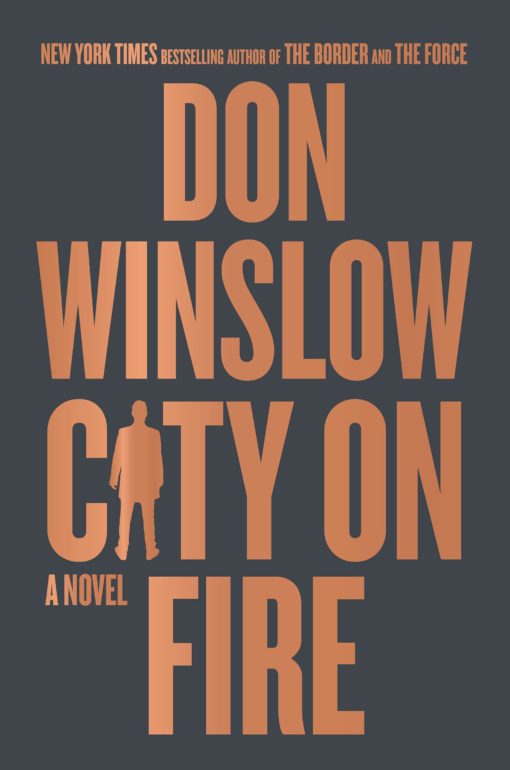
From the best-selling author of the Cartel trilogy comes the first novel in an epic new triad. Two criminal empires control all of New England, until a modern-day Helen of Troy comes between the Irish and the Italians, launching a war that sets a city on fire. Exploring loyalty, betrayal and honor, it’s like a contemporary Iliad.
See Winslow at Book Passage in Corte Madera April 27 at 6:00 p.m.
I Wore This Dress Today for You, Mom by Kim Dower
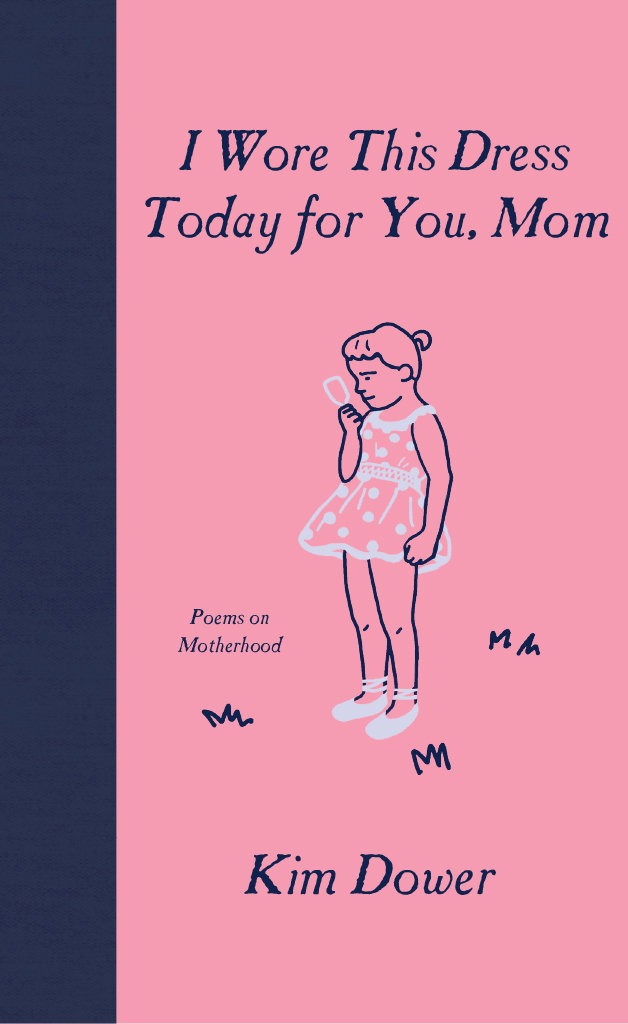
This poetry book is an anthology on being a mother as well as being a daughter, from teenaged messiness to caring for one’s mother suffering from dementia. These poems are heartbreaking, funny, surprising and touching, and explore the quirky, unexpected and bittersweet moments mothers and daughters share.
See Dower at Book Passage in Corte Madera April 30 at 1:00 p.m.
For more on Marin:
- The 44th Mill Valley Film Festival Reached 12,000 Students, Teachers — Make It Better Foundation Donates $10K to CFI’s Education Program
- Three Top Animal Sanctuaries Create New Scholarship Program to Help Young Animal Welfare Leaders Pursue Careers in Ag
- Stories of Survival: Isabel Allende’s Latest Novel, “Violeta”, Set During the Time of the Spanish Flu
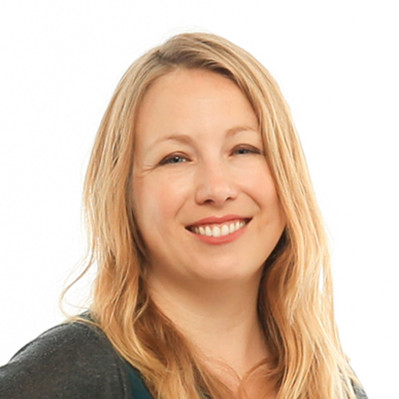
Jessica Gliddon is the Senior Digital Editor for Make It Better Media Group. An international writer and editor, she has worked on publications in the UK, Dubai and Cape Town. She is a graduate of UC Santa Cruz, and is the former editor of Abu Dhabi’s airline magazine, Etihad Inflight. When she’s not checking out the latest exhibit at SFMOMA or searching out the best places to eat and drink near her home in San Francisco, she volunteers at the Marine Mammal Center in Sausalito.
